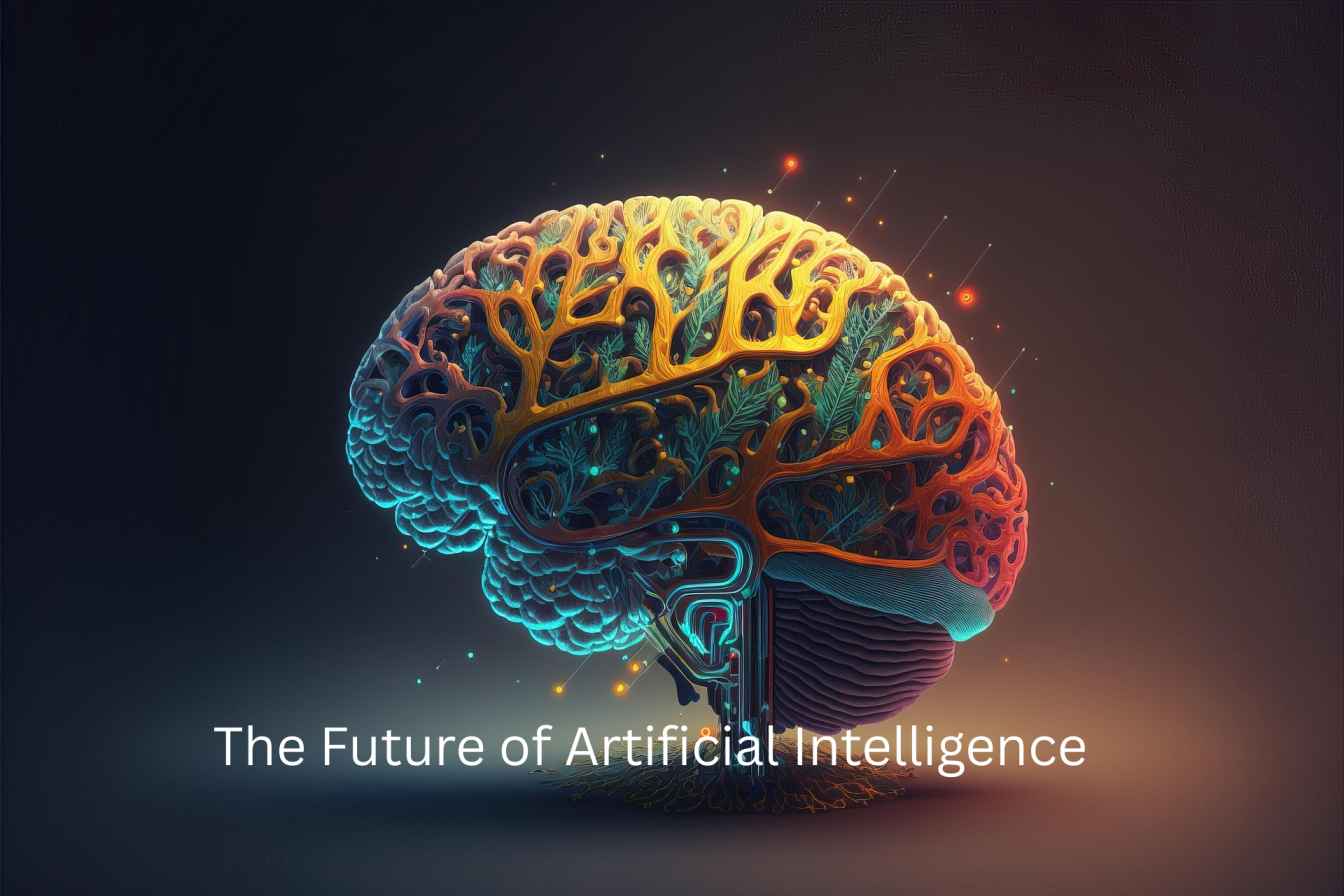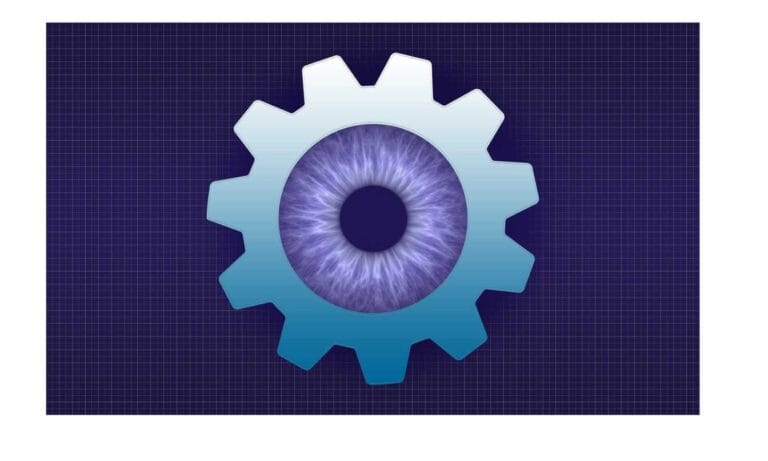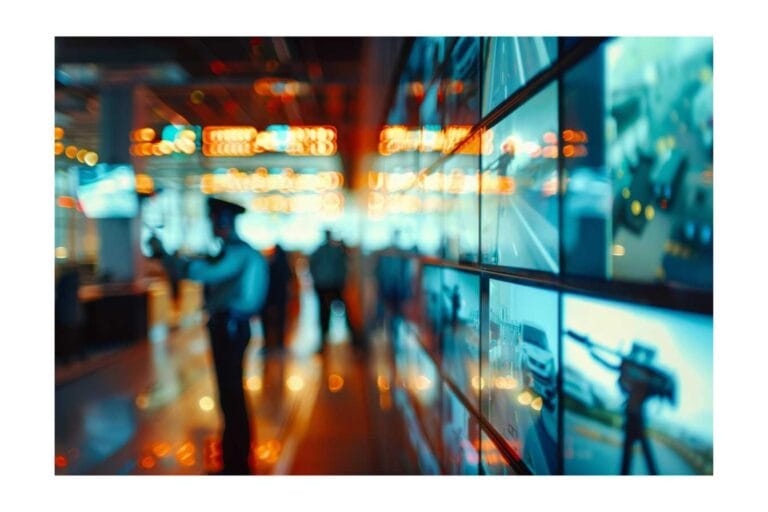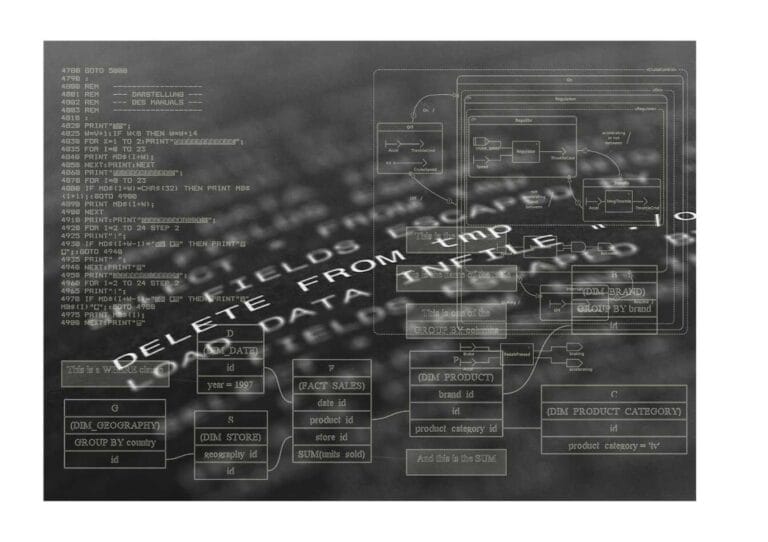Last updated on December 20th, 2025 at 06:21 am
I didn’t want to cover AI. But after I grabbed coffee with my nurse friend and chatted with my graphic designer neighbor, I got curious. Everyone’s talking about the future of A.I., but what’s it actually like for people interacting with it today?
So I did something simple. I asked around. Schoolteachers and marketing managers and human resources workers people who are not AI experts but who are seeing the technology transform their everyday tasks. Here’s what they told me.
Table of Contents
Healthcare: It’s Not Replacing Doctors (For Now)
My friend Sarah is a radiologist. When I mentioned artificial intelligence, she laughed. “It’s like having a very, very enthusiastic intern,” she said. “Catches things I could miss when tired but also flags stuff that is clearly nothing.
She told me her hospital uses AI to read X-rays, and MRIs. It spots potential problems quickly waaaay more quickly than humans ever could. But here’s the rub: The doctors still get the final say. The AI suggests, they decide.
What excited her most? Time. “I would spend hours doing routine scans. Now I really focus on the difficult cases where I contribute value.” That is the future of artificial intelligence in medicine not as a replacement, but as a partner.
Artistic Product: The Weird Middle Ground
I chatted with Jake, a freelance designer. His take was more conflicted. “I do A.I. for presentations and early concepts,” he said. “Saves me 3-4 hours per project, probably.”
But he has also had clients who try to take a shortcut and pocket the fee for hiring designers wholesale. “They make something with A.I., see how generic it looks, and come back.” His advice? AI’s awesome for the boring things shrinking images, simple layouts, color variations. The creative thinking? Still human territory.
It’s the first, biggest thing that surprises me: He is not afraid. “Good designers are adapting. We’re employing these tools to work more quickly, not being replaced by them.” The future of A.I. in creative fields appears to be about speed, not replacement.
Education: Teachers Are Experimenting
I ran into my high school teacher, Ms. Chen. She has taught for 15 years, and was just introduced to AI for lesson planning. “I just fed it my curriculum, and it spit out quiz questions in seconds,” she said. “Are they perfect? No. But they are a good place to begin.”
What’s interesting? She’s also grappling with students deploying A.I. on essays. “I shifted how I was assigning work,” she said. “More in-class writing, more discussions. I didn’t really know how I was going to do it or what my plans really were, but AI led me into teaching differently.”
The future of artificial intelligence in education is not replacing a teacher. What it’s not pushing is ed schools toward a rethinking of what teaching is.
Business: The Automation Everyone Expected
My cousin owns a small marketing company. He leverages AI for email campaigns, social media scheduling and even client reports. “It’s managing what I used to hire an assistant to do,” he said.
But here is the reality check: “Setting it up took forever. And it still does weird things.” He handed me an AI-generated email that sounded robotic and off-brand. “You’ve got to edit everything. It’s quicker than a fresh start, but it isn’t magic.”
It’s the theme I kept hearing. AI accelerates, processes repetition but humans still need to look and think.
Where We’re Actually Headed
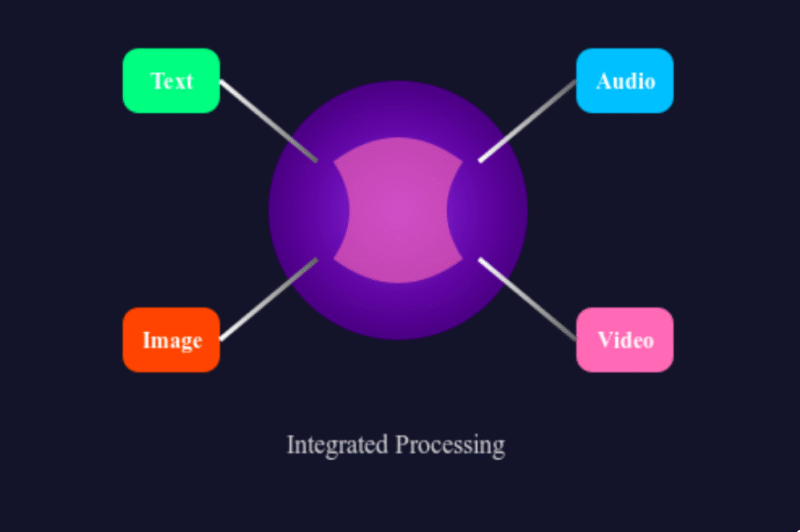
After all these chats, here’s my take about the future of artificial intelligence: It is not as apocalyptic as you may believe.
No one I spoke to is losing a job to AI tomorrow. But everyone’s workflow is changing. The people adapting fastest? They are using A.I. as a tool, not an enemy to throw rocks at or a genie in the bottle to be horrified of and/or overhyped about.
Real: AI does really well with boring, repetitive stuff. What’s hype: the notion that it will replace human judgment anytime soon.
If you are wondering how A.I. will impact your field, dream small. Test one tool. Find out what it does as opposed to what it says. They all did it and they are a lot less stressed about the future because of it.
FAQs
Is AI going to take my job?
Based on what I heard? Probably not entirely. But it may alter how you work. The folks who are prospering are those of us learning to use AI tools today,” not ignoring them or freaking out about them.
What is the greatest misconception about A.I.?
That it’s one way or the other and that it will either save the world from itself or destroy the world, kill everybody. Reality’s way more boring. It’s a tool that is very good for some specific things and very bad for others. Talking to most people, they see it as an aid yet one that doesn’t go far enough.
Do I need to know about AI even if I’m not in tech?
Yeah, honestly. You don’t need to know how it works or code. Just give one tool in your field a whirl. See what it can do. That kind of experience trumps every article (including this one) on the future of artificial intelligence.
Read:
AI And Quantum Computing: The Tech Combo Reshaping Tomorrow’s World
Ethical Concerns in Artificial Intelligence
The Rise of Autonomous AI Agents
I’m a technology writer with a passion for AI and digital marketing. I create engaging and useful content that bridges the gap between complex technology concepts and digital technologies. My writing makes the process easy and curious. and encourage participation I continue to research innovation and technology. Let’s connect and talk technology!
